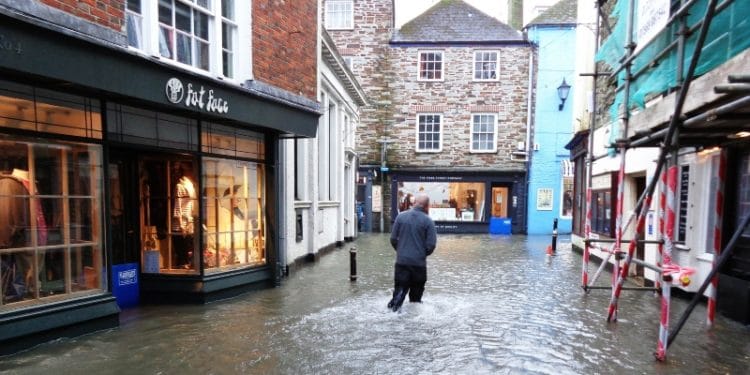Working in real estate can be a rewarding career. Whether you’re a real estate agent or developer, there are huge benefits associated with this sector. If you have a passion for property, you’ll be invested in the work you’re doing. What’s more, the real estate sector is potentially lucrative; there may be huge financial rewards if you’re willing to work hard.
However, with great opportunity comes great risk. Real estate can be a tough sector to work in, as you’re often managing large construction sites or properties. If you begin a project without the appropriate real estate insurance, you risk losing your assets and the money invested. So, before you venture into the world of real estate, here are some risks you should be aware of.
Natural disaster
Unfortunately, some things cannot be prevented. Natural disasters can include anything from a flood to a storm and everything in between. As housing construction takes place outdoors, a natural disaster can put a stop to construction work, cause delays to the project and even necessitate rebuilding of work already completed.
For existing real estate, you might have to re-house tenants if your buildings are damaged, causing significant loss of rental income.
Accidents
If you own real estate and someone is visiting or working at your property, you might be liable if an accident occurs. This is especially true if there are issues with electrical safety, as you are legally responsible under the Landlord and Tenant Act 1985 for ensuring that all electrics in the property are fitted and operating safely.
If someone does get injured and they deem it your fault, you might have a lawsuit on your hands. So, before you sign off property for tenants, be sure to check for hazards, comply with building regulations, and fix everything on your snagging list. Consider a property survey to fully identify any risks.
Property market fluctuation
The COVID-19 pandemic demonstrated how turbulent the UK commercial property market can be. As the economic pressures of the pandemic grew ever stronger, the strain was felt by commercial property owners and tenants alike. With many shops and businesses closed for the foreseeable, the future of the retail and hospitality sectors was unknown, and construction stopped overnight on many builds.
Now, two years on, the commercial property market is yet to fully recover. Unfortunately, many businesses fell victim to the pandemic and shut up shop forever, leaving buildings empty and commercial landlords struggling to fill tenancies.
So, despite the commercial property market coming back to life now, there’s always the risk of fluctuation in the future.
David Prior
David Prior is the editor of Today News, responsible for the overall editorial strategy. He is an NCTJ-qualified journalist with over 20 years’ experience, and is also editor of the award-winning hyperlocal news title Altrincham Today. His LinkedIn profile is here.













































































